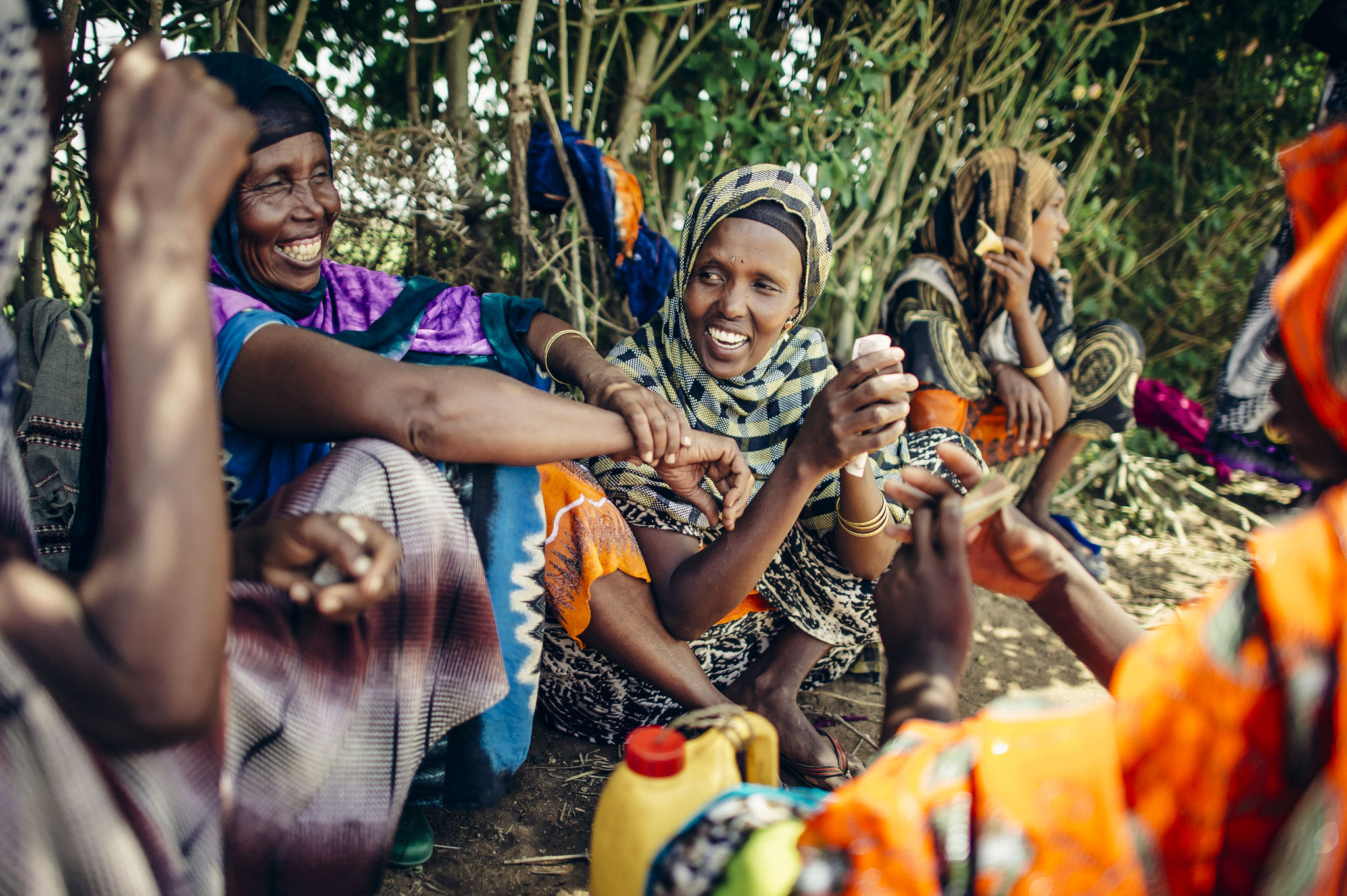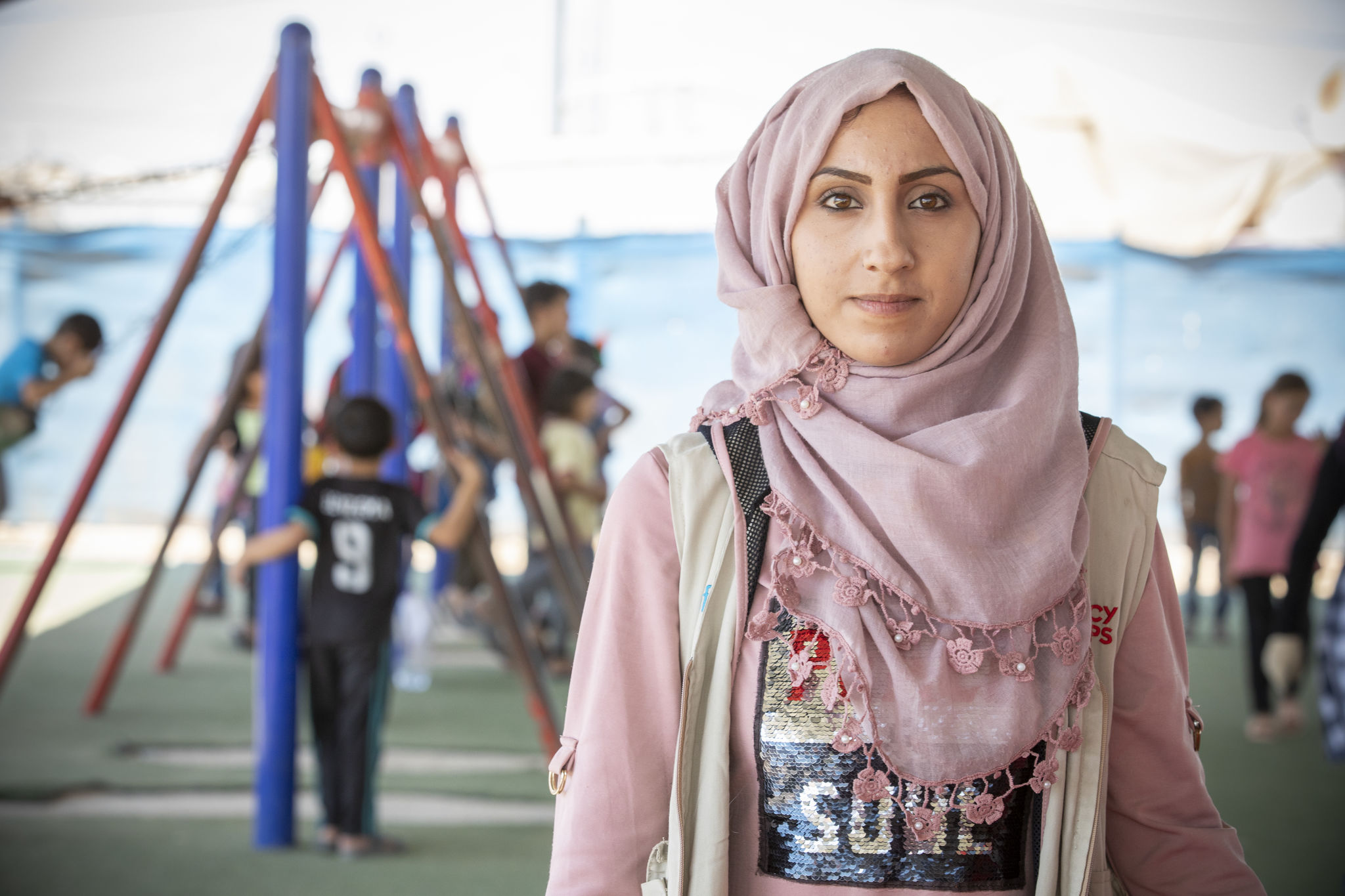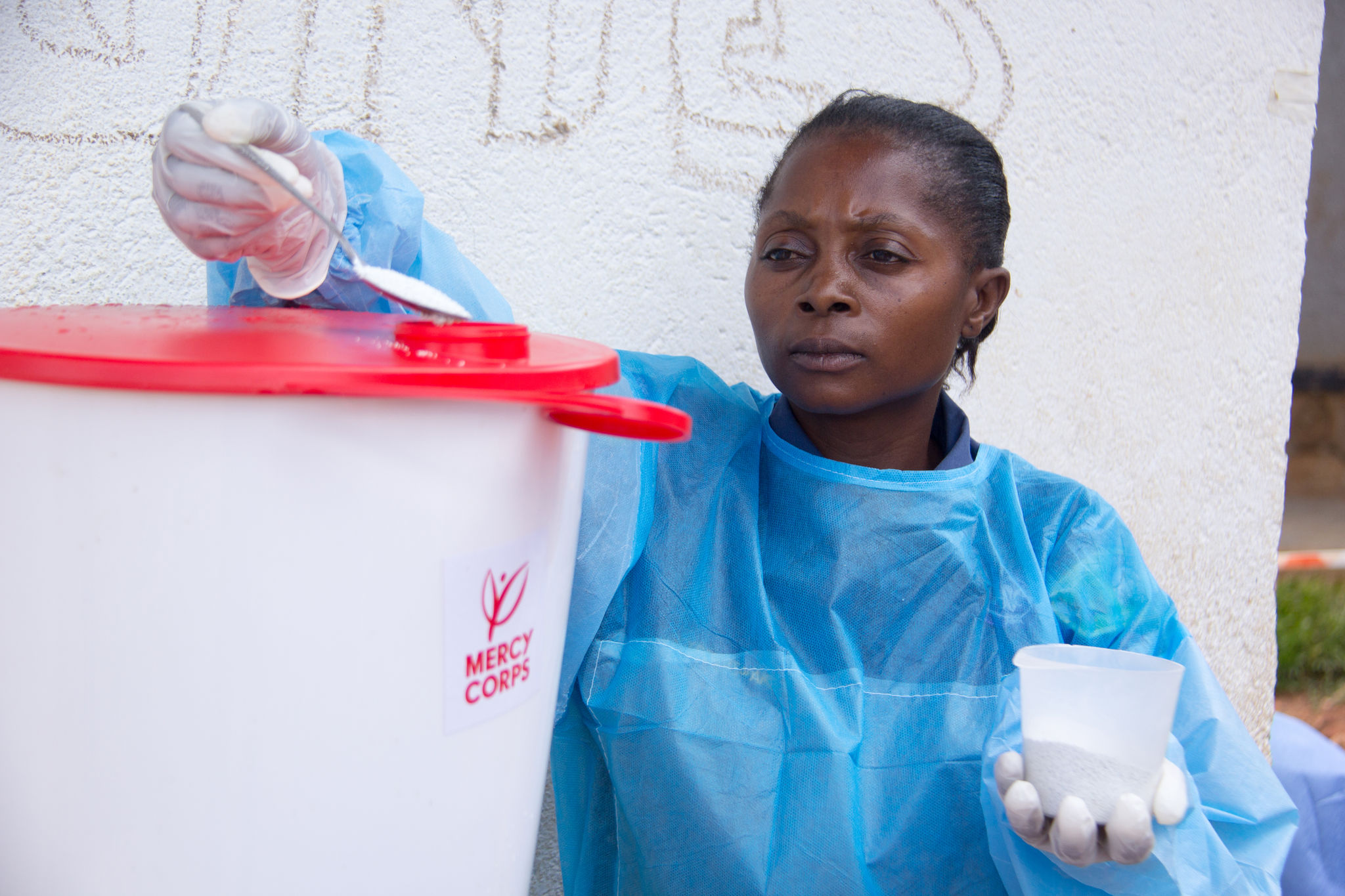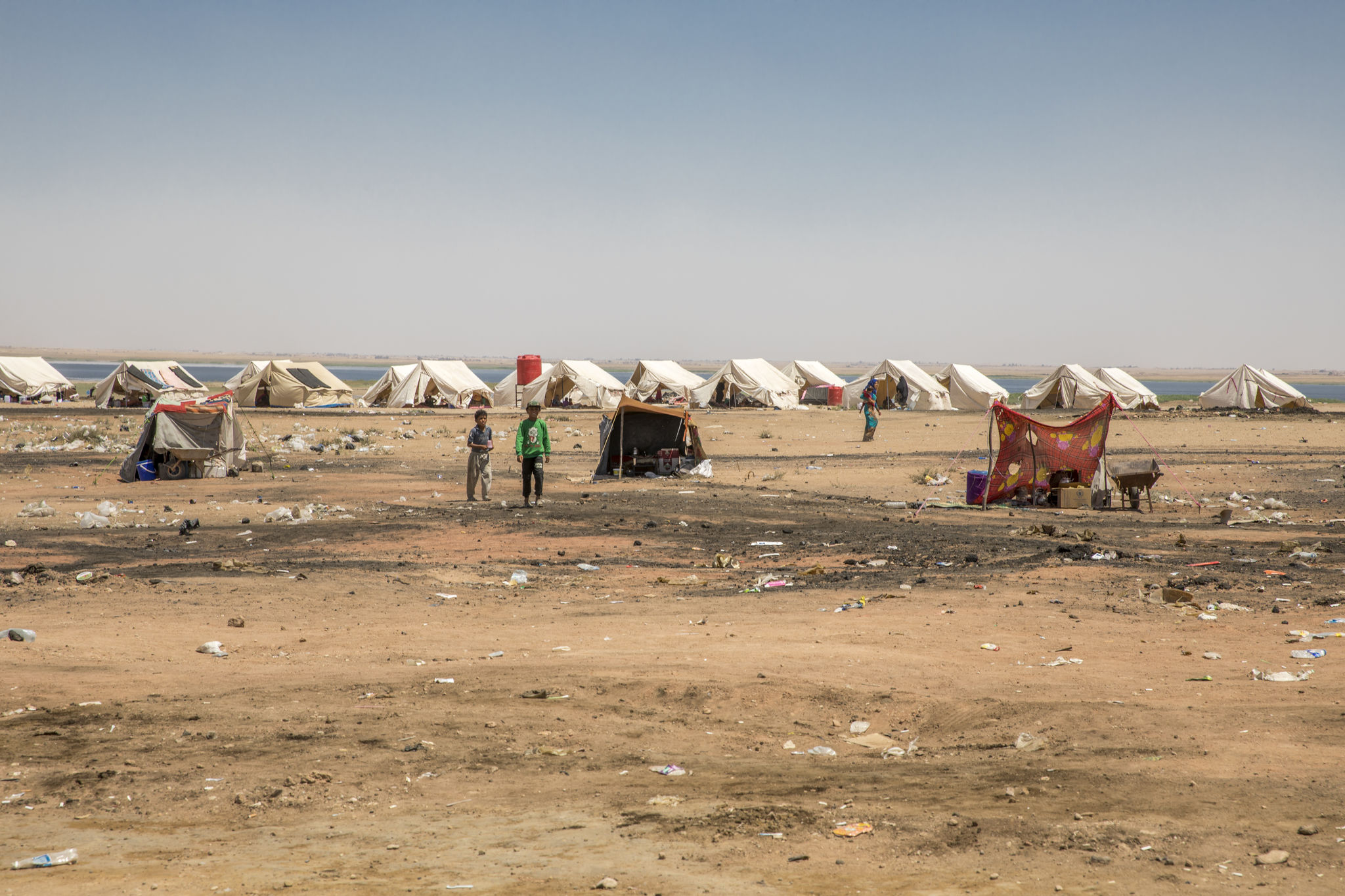A better world together
How do we really build a better world? We believe that to truly make progress, we must push beyond the work our community of humanitarians does every day and take new, even bigger steps toward change — change that means a better life for families across the world. We need your help to get there.
That’s why we want to show you the challenges we face, the work we're doing on the ground now and how, together, we can build a stronger future in 8 priority countries where we see the biggest potential for truly transformative change.
You're invited to read, learn, give and help create change in these 8 countries:
SYRIA ▸ NIGERIA ▸ DR CONGO ▸ AFGHANISTAN ▸ ETHIOPIA ▸ SOMALIA ▸ KENYA ▸ YEMEN ▸
With your help, we can reach our goal of helping children and families fight for a better future in these priority countries and beyond — and build A Better World, Together.
Syria
HEALING YOUTH, SUPPORTING A COUNTRY’S FUTURE
The Syria crisis is still one of the worst humanitarian catastrophes of our time. Even 8 years after the start of the war, Syrians remain uncertain about the country’s future. More than 6 million people are displaced inside Syria, and 5.6 million are living as refugees in neighboring countries. With the conflict nearing a tipping point, the future of Syria hangs in the balance.
We cannot turn our backs on people who are still suffering. Now, more than ever, we must stand strong in our resolve to help Syrians as they work to build better lives for their families. It’s the youth of Syria who will be expected to rebuild their country, and they need our support.
That’s why Mercy Corps provides leadership training, safe spaces where children and young people can heal from the trauma of war and recreational activities where they can build relationships and life skills. With healing and the right opportunities, we know that the youth of Syria will accomplish great things.
GET THE FACTS about the Syria crisis ▸
READ "Treat them as they are”: How a safe space helped a young refugee blossom ▸
Nigeria
MOVING BEYOND EMERGENCY RESPONSE
For years, violence perpetrated by Boko Haram has wreaked havoc on Nigeria. Thousands of people have been killed. Villages have been burned to the ground. Families have done their best to flee their threatened or destroyed homes toward safety. But the threat of violence remains, particularly in the northeast area of the country. Pockets of Nigeria have been on the brink of famine in the last few years, and still, some 7 million people need urgent assistance.
Our emergency response work in Nigeria continues — we are addressing the most dire needs and helping families get the food, clean water and essential supplies they need to survive. But we also know that we must begin to lay the groundwork for moving beyond emergency response to building a stronger tomorrow.
That’s why we are working to support small businesses and jumpstart village savings and loan associations. To help people get the cash they need and also improve their communities, we facilitate short-term work where people can rehabilitate water points or improve schools. Mercy Corps is also supporting trainings that help farmers improve their skills and learn how to adapt to new conditions brought on by climate change.
LEARN MORE about our work in Nigeria ▸
READ A nightmare ended, a dream realized: How one woman is rebuilding after Boko Haram ▸
DR Congo
PREVENTING THE SPREAD OF ANOTHER EBOLA OUTBREAK
Like so many other places where we work and focus our efforts, DR Congo has felt the effects of years of ongoing conflict and displacement. More than 60 percent of the population lives below the poverty line and three out of four people do not have access to clean water. And now, DR Congo is facing yet another deadly challenge: a new Ebola crisis.
We know how important it is to prioritize work that helps prevent the spread of Ebola. The current crisis has tipped over 1,000 cases and is the worst DR Congo has seen in its history. It’s dangerously close to reaching the city of Goma, where 1 million people live.
That’s why we’re working to stop the spread. Mercy Corps team members are working on infection prevention and control in health centers, schools and communities. We are also working with local leaders and organizations as we share public health and hygiene education with as many people as we can reach. In one of our largest infrastructure projects ever, Mercy Corps will bring clean water to 1 million people — an effort that will help people in DR Congo stay healthy and protected from disease.
GET THE FACTS about the crisis in DR Congo ▸
READ Mercy Corps’ informational Ebola guide ▸
Afghanistan
BUILDING A SOLAR-POWERED FUTURE
After nearly two decades of conflict, Afghanistan is now in a time of transition. Rural communities that were devastated by war are filled with families still struggling to meet their basic needs, but signs of potential are beginning to sprout. To help Afghanistan accelerate its humanitarian and economic recovery, we must find ways to help people invest in something that benefits their communities and the country as a whole.
That’s why, in addition to our longstanding work empowering women, young people and farmers through education and training, Mercy Corps is now focused on bringing renewable energy to Afghanistan.
In daily life, for both families at home and small business owners at work, power is a valuable and elusive commodity. Fuel prices are high and power outages are common. By introducing affordable solar power to schools, hospitals and large businesses, we are able to help the entire community move toward a better future. Our hope is that someday, every home in Afghanistan will have access to renewable power.
LEARN MORE about our work in Afghanistan ▸
Ethiopia
FOSTERING RESILIENCE IN THE FACE OF CLIMATE CHANGE
Ethiopia is Africa’s second-most populous nation, and though the economy has been steadily growing, the majority of the country still lives in poverty. Hunger is a recurring threat, and it’s only worsened by the effects of climate change. 7 million people need food assistance and better access to clean water, and more than 80-percent of the population relies on the land to survive.
Now, the country is in the grips of a devastating drought and erratic weather patterns have made living off the land a dangerous game. If the length of time between rains stretches too long, harvest, livestock and livelihoods are all at risk.
That’s why much of our work in Ethiopia is focused on building long-term resilience to climate change. We’re working with farmers and communities to develop early weather warning systems and emergency response plans. With better tools and improved practices, farmers and pastoralists can make better choices for themselves and their families.
LEARN MORE about our work in Ethiopia ▸
Somalia
EMPOWERING WOMEN AND GIRLS
In 2017, 1 million Somalis were displaced by drought, hunger and conflict — and the country was on the brink of famine. In the time since, there have been some improvements, but the underlying issues remain the same. Conflict continues to threaten progress and climate change is exacerbating drought, which in turn leaves more people hungry.
Now is the time when we must move from crisis to recovery. Urgent needs still remain, and our work delivering lifesaving assistance to families in need is ongoing, but we are also focusing on the potential for a brighter future in Somalia.
That’s why we’re creating safe spaces for children and girls empowerment forums. We’re also training teachers and improving schools to provide a better education environment for all. To strengthen local economies, Mercy Corps is working to improve economic opportunities for women and young people through job training and support.
LEARN MORE about our work in Somalia ▸
Kenya
INNOVATING FOR BETTER ECONOMIC GROWTH
Despite a relatively strong economy, many people in Kenya still face an uncertain future. About 2.6 million people are still going hungry, and three out of four people live in rural areas. There, economies are weaker and the land is increasingly susceptible to shocks and disasters caused by climate change. Still, we see potential in Kenya for innovative solutions to these challenges.
That’s why we’re working with young people, local governments and small farmers to build a stronger economic future for Kenya. Through both tv and radio, we’ve worked with local communities to spread information about farming, girls’ education and women’s empowerment. Mercy Corps also designed a mobile application for small farmers that helps them learn about improved growing practices, livestock farming, and helps them access micro loans.
By investing in this kind of work, we can make an ever bigger impact for people in Kenya, particularly those living in rural areas vulnerable to climate change.
READ Wild weather: How we’re helping Kenyans fight climate change ▸ READ How camel milk ATMs are strengthening lives in Kenya ▸
Yemen
SURVIVING A HUMANITARIAN CRISIS AND REBUILDING AN ECONOMY
Four years into a brutal conflict, the humanitarian crisis in Yemen has ballooned into one of the worst in the world. Some 14 million people are in desperate need of food and 2 million people have been forced from their homes. Clean water is scarce and cholera cases have been on the rise. Children are suffering from malnutrition and families can’t afford to buy what food is available at the market.
The humanitarian crisis is also an economic one — and addressing it is critical to Yemen’s future. Right now, we must help Yemenis survive the immediate crisis and prepare for long-term rebuilding. If we don’t act now, it could be too late.
That’s why we are helping the most vulnerable Yemeni families with access to clean water, emergency cash and supplies, food baskets and healthcare support. And in areas where the needs are less dire, Mercy Corps is helping farmers improve their growing practices and offering skill-building and job training to young people.
GET THE FACTS about the crisis in Yemen ▸
READ In Yemen, one family’s fight against cholera ▸
READ A father transforms an entire community ▸
Here are some ways you can help make A Better World, Together:
- Give to make A Better World, Together
Make a gift today to help families in need with emergency supplies and long term support. - Take the pledge
Add your name and commit to stand up, speak up and show up for people around the world. - Start a Facebook fundraiser
You can do it in minutes, even on your phone. It’s a great way to show your friends what you care about and inspire others to help make a better world with you. - Tell Congress: Help prevent global violence
The world is experiencing a 25 year high in violence that’s devastating countries like Yemen, Nigeria and Afghanistan. Speak up for survivors across the world and tell Congress that it’s time to treat the causes of violence, not just the symptoms.



